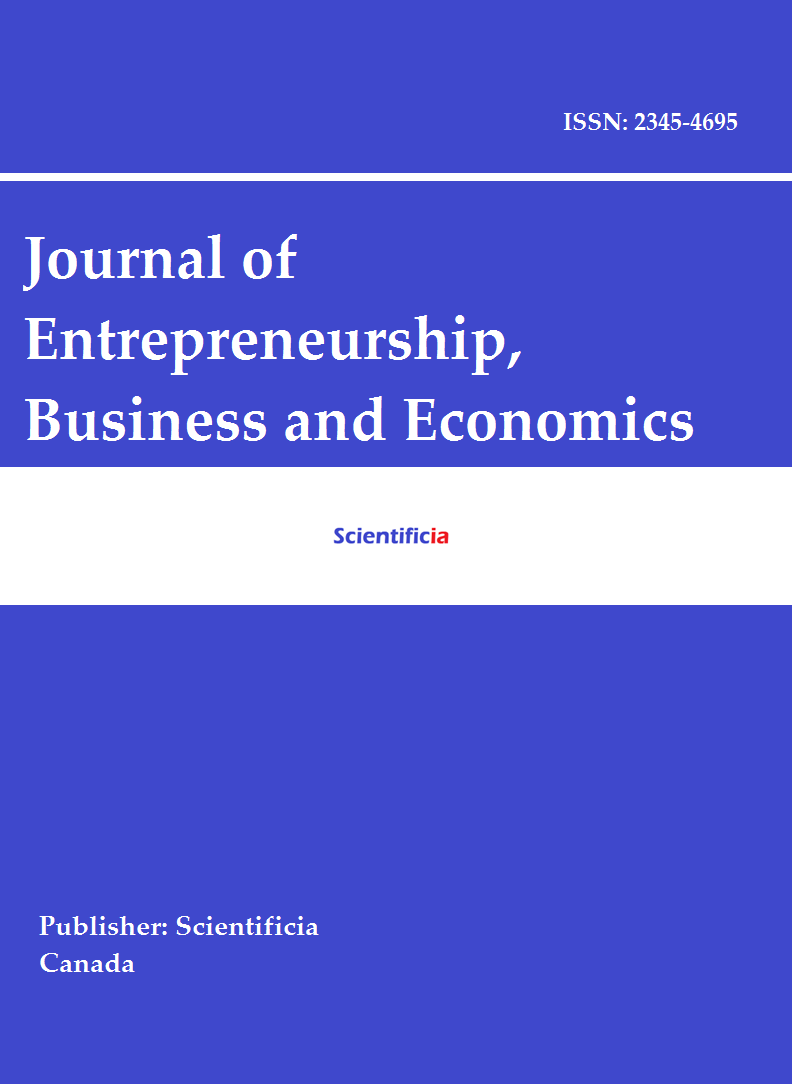Adoption and Benefit of Industrial Revolution 4.0 in Logistics Industry: A Conceptual Paper
Abstract
The adoption of Industry 4.0 in logistics is a new and critical subject with a need for more research. A few studies have started reviewing the existing works on Industry 4.0; however, they do not focus on its adoption and practices in the logistics sector. This paper presents a conceptual study on Industry 4.0 and its relation to the logistics industry. Current literature on Industry 4.0 in logistics brings out some interesting practices in the adoption of Industry 4.0 in logistics, which will be helpful for the academic and industry, especially top managers. In this paper, some reflections regarding the adequate requirements and issues enabling logistics organizations to be efficient, and fully operational in an industry 4.0 context were discussed. This work identifies several adoption and Industry 4.0 practices in the logistics industry from various selected organizations which are reflected as the highest contributor toward the adoption of a logistics firm in adopting Industry 4.0. Finally, it is evidence that defining a clear organizational vision and strategy is important to help drive logistics business efficiencies which is crucial for future competitive survival.
Research paper
Keywords: Industry 4.0; Logistics; Innovation; Technology; Malaysia
Reference to this paper should be made as follows: Sivan, S., Ghadiri, S. M., Rajagopal, P., Bahrin, A. S., & Sundram, V. P. K. (2022). Adoption and Benefit of Industrial Revolution 4.0 in Logistics Industry: A Conceptual Paper. Journal of Entrepreneurship, Business and Economics, 10(2S1), 79–94.

This work is licensed under a Creative Commons Attribution-NonCommercial 4.0 International License.






